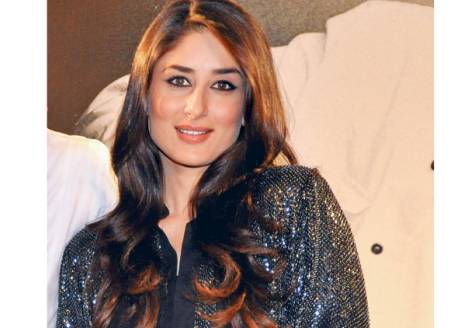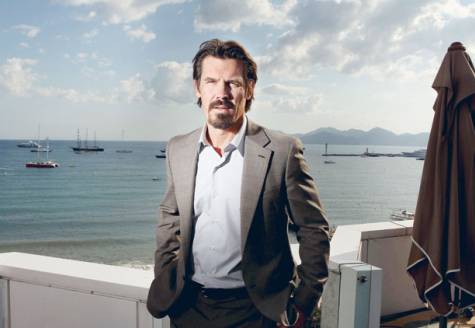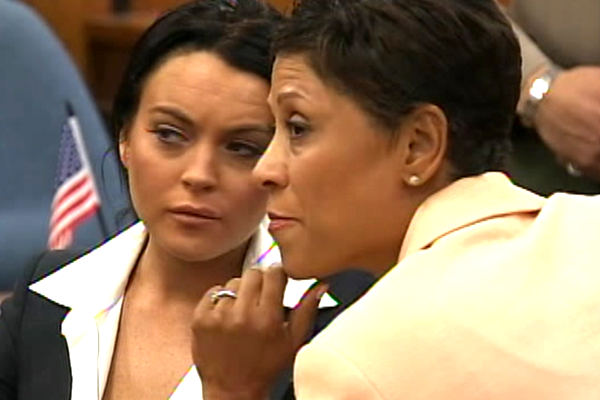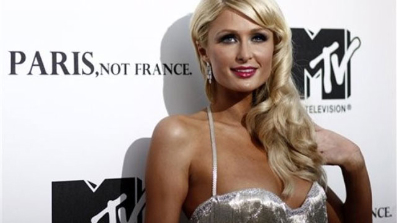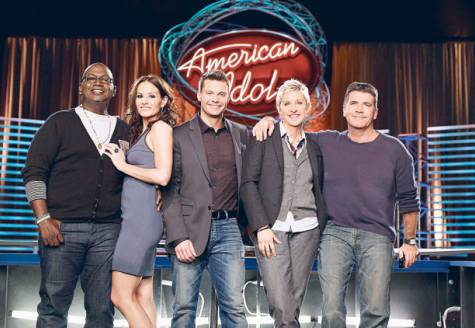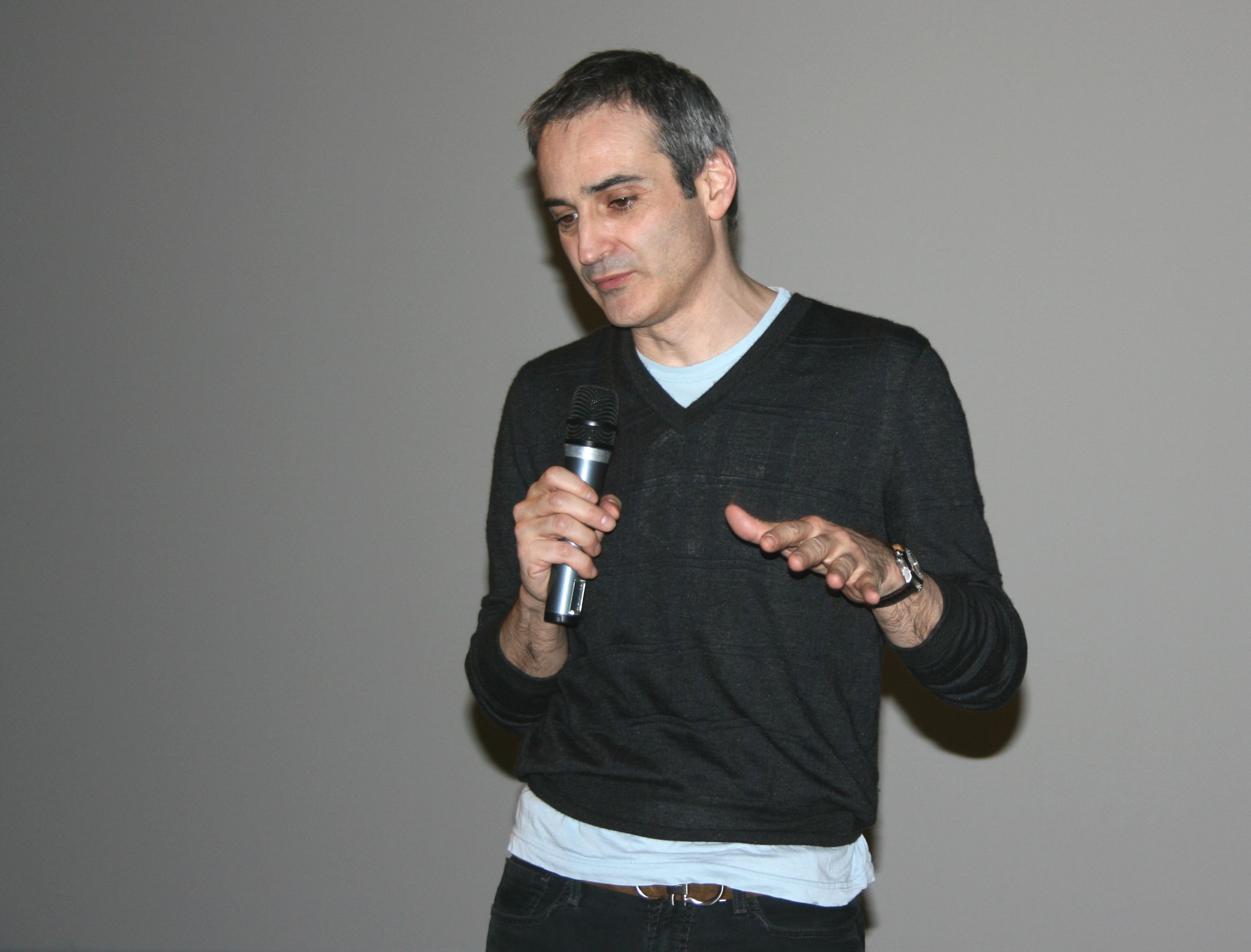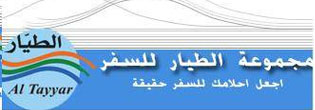Business & Finance Club Magazine - Art & Culture - CANNES: French director Olivier Assayas takes on one of the most notorious figures of the 1970s in “Carlos,’’ a five-and-a-half hour epic on the Venezuelan-born revolutionary, shown at the Cannes film festival.
Ilich Ramirez Sanchez, who operated under the name Carlos, was one of the best-known of a generation of far-left extremists that included the Baader Meinhof gang in Germany, the Italian Red Brigades and the Japanese Red Army.
The film examines his career as he changed from a young pro-Palestinian radical making his mark as a new kind of urban guerrilla and mounting brutal but not always successful operations before ending as a fugitive hunted down in Sudan.
Best known now through an identity photograph which has become one of the defining images of the era, Carlos at the time was a shadowy figure.
“This question of the charisma of Carlos, which was a weapon or a tool that he used, is something that everyone who knew him talks about,’’ Assayas said after the press screening in Cannes.
His career could have come from the pages of a thriller and the nickname given him by the media, “The Jackal’’ was taken from the Frederick Forsyth novel of the same name.
Fluent in several languages, Carlos moved easily across Europe and the Middle East, dressing well and enjoying a glamorous lifestyle that was ironically in tune with the materialist values of the era.
“He was a seducer, someone who enjoyed the good things in life and in a sense, these characteristics, which were what made him larger than life, also caused his decline,’’ Assayas said.
Assayas’ film is shot in several languages in locations from Beirut, Paris and London to Budapest and stars Venezuelan actor Edgar Ramirez who gives a widely praised performance among a huge cast of actors.
Scale
The sheer scale of the project, financed in large part by French television broadcaster Canal Plus, may mean the version most cinema audiences see is cut back but the production is much more than a TV series shown on a big screen.
“It’s a paradox to be able to say, look, you can make films that last longer than normal, you can make French films where people speak German, Spanish, Japanese and English,’’ said Assayas, whose last film was the family drama, “Summer Hours.’’
The real-life Carlos, who is currently serving a life sentence in a French prison for murder, has complained about the film, which he has not yet seen but Assayas said he had made a work of fiction, not a documentary. The three-part film follows his operations, starting with a botched attack in London and including his most spectacular action, the 1975 storming of OPEC headquarters in Vienna during a meeting of oil ministers. But that operation also marked the end of Carlos’ links with his backers in the Popular Front for the Liberation of Palestine and the start of his later career as a radical gun-for-hire living behind the Iron Curtain.
The fall of communism in Europe in 1989 marked the beginning of the end for Carlos, who was forced to seek refuge in Sudan after all his former backers abandoned him.
He was finally tracked down and arrested by French intelligence agents in 1994.


